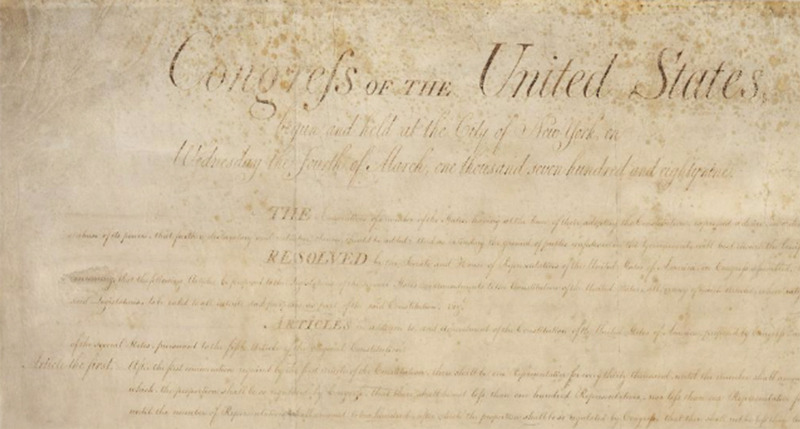Black Lives Matter activists say FBI fight to break iPhone encryption threatens civil liberties
In a recently submitted friend of the court filing, activists supporting the Black Lives Matter and other civil rights movement causes argue Apple's ongoing encryption duel with the FBI has serious free speech implications.
The open letter to Magistrate Judge Sheri Pym, posted to Apple's website, warns of the negative repercussions that could arise from a U.S. government effort to force Apple's aid in unlocking an iPhone used by San Bernardino terror suspect Syed Rizwan Farook. As argued by Apple, the creation of a passcode workaround ultimately weakens digital protections built into iOS, an ecosystem currently used by millions of users worldwide.
"No party should wield the power to force private companies to weaken the security of all in order to investigate a few," the letter reads.
The amicus brief was written last week and signed by Beats, Rhymes & Relief, the Center for Media Justice, The Gathering for Justice and the Justice League NYC. Individual signatories include New York Daily News Senior Justice Writer Shaun King and Opal Tometi, co-founder of Black Lives Matter and Director of Black Alliance for Just Immigration (BAJI).
Judge Pym in February issued an order compelling Apple to assist the FBI in its ongoing San Bernardino attack investigation. The Department of Justice request requires Apple to build and deploy a flawed version of iOS that can be used to break into Farook's passcode-protected iPhone.
Those in agreement with the government say perceived threats to national security trump consumer data protections, but the rights advocates offer a counter argument in their letter, citing a history of past abuse.
"As Rev. Jesse Jackson recalled last week, one need only look to the days of J. Edgar Hoover and wiretapping of Rev. Martin Luther King, Jr. to recognize the FBI has not always respected the right to privacy for groups it did not agree with," the group says.
In particular, the FBI's politically-fueled COINTELPRO initiative, created in the 1950s to ferret out Communist sympathizers and later broadened to cover other deemed-derisive social movements, directly violated First Amendment rights. The effects of that program reverberate across the years to today, as civil rights advocates who were once unlawfully surveilled warn that the same missteps can be made in the digital age.
"The FBI's historically questionable surveillance procedures do not bode well for setting a precedent that allows the agency universal access to private smartphone data," the group writes.
The letter takes specific aim at the FBI, as the agency is leading the charge to enlist Apple's help not only in the San Bernardino case, but multiple investigations nationwide. Perhaps more troublesome is that the government's legal strategy hinges on the All Writs Act of 1789, a statute granting federal courts sweeping authority to issue orders if no other judicial instruments are available. Precedent might be set if Apple loses the encryption fight, opening the door to wider application of AWA and stripping the public of modern digital protections.
Last week, United Nations free speech watchdog David Kaye filed a similar brief in support of Apple, saying, "Secure communications are fundamental to the exercise of freedom of opinion and expression in the digital age, permitting the maintenance of opinions without interference and securing the right to seek, receive, and impart information and ideas."
 Mikey Campbell
Mikey Campbell











 Malcolm Owen
Malcolm Owen
 William Gallagher and Mike Wuerthele
William Gallagher and Mike Wuerthele
 Christine McKee
Christine McKee
 William Gallagher
William Gallagher

 Marko Zivkovic
Marko Zivkovic









